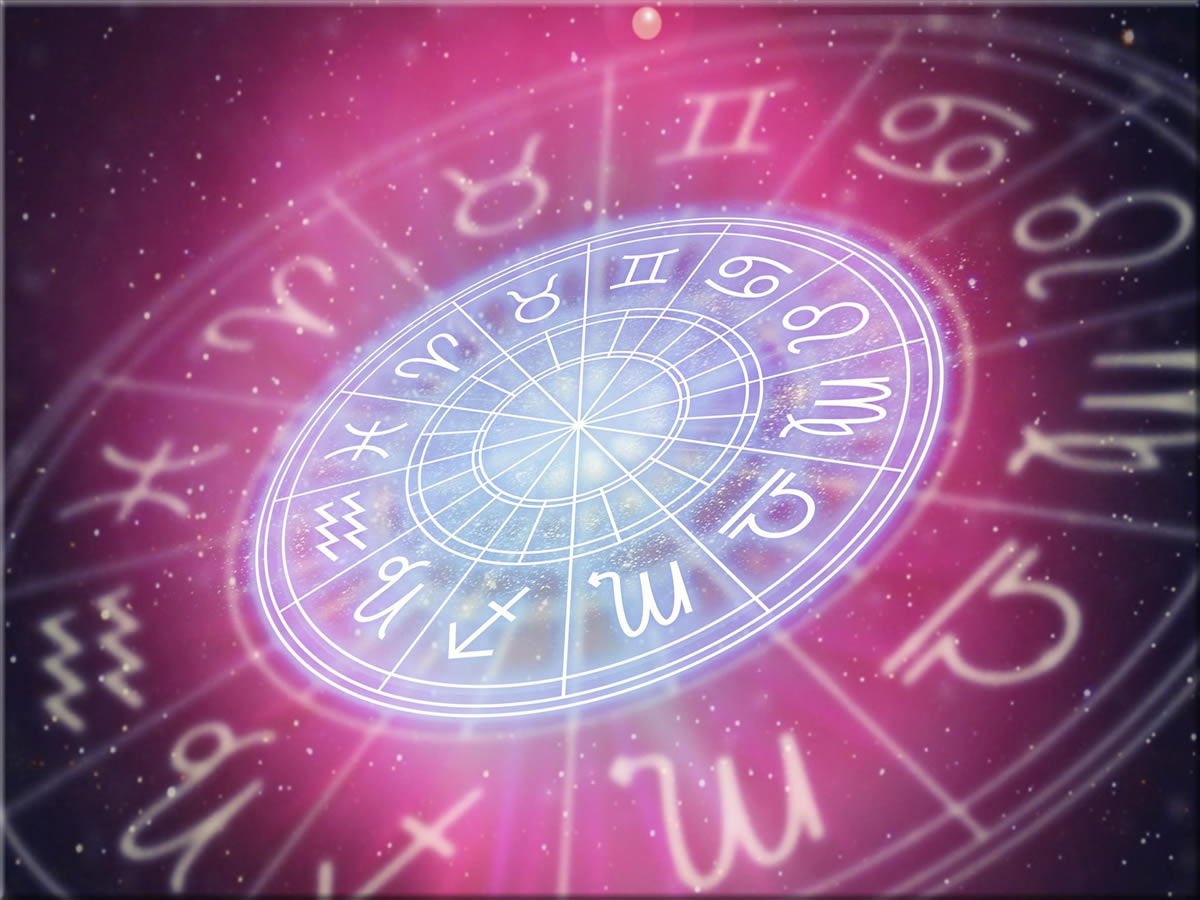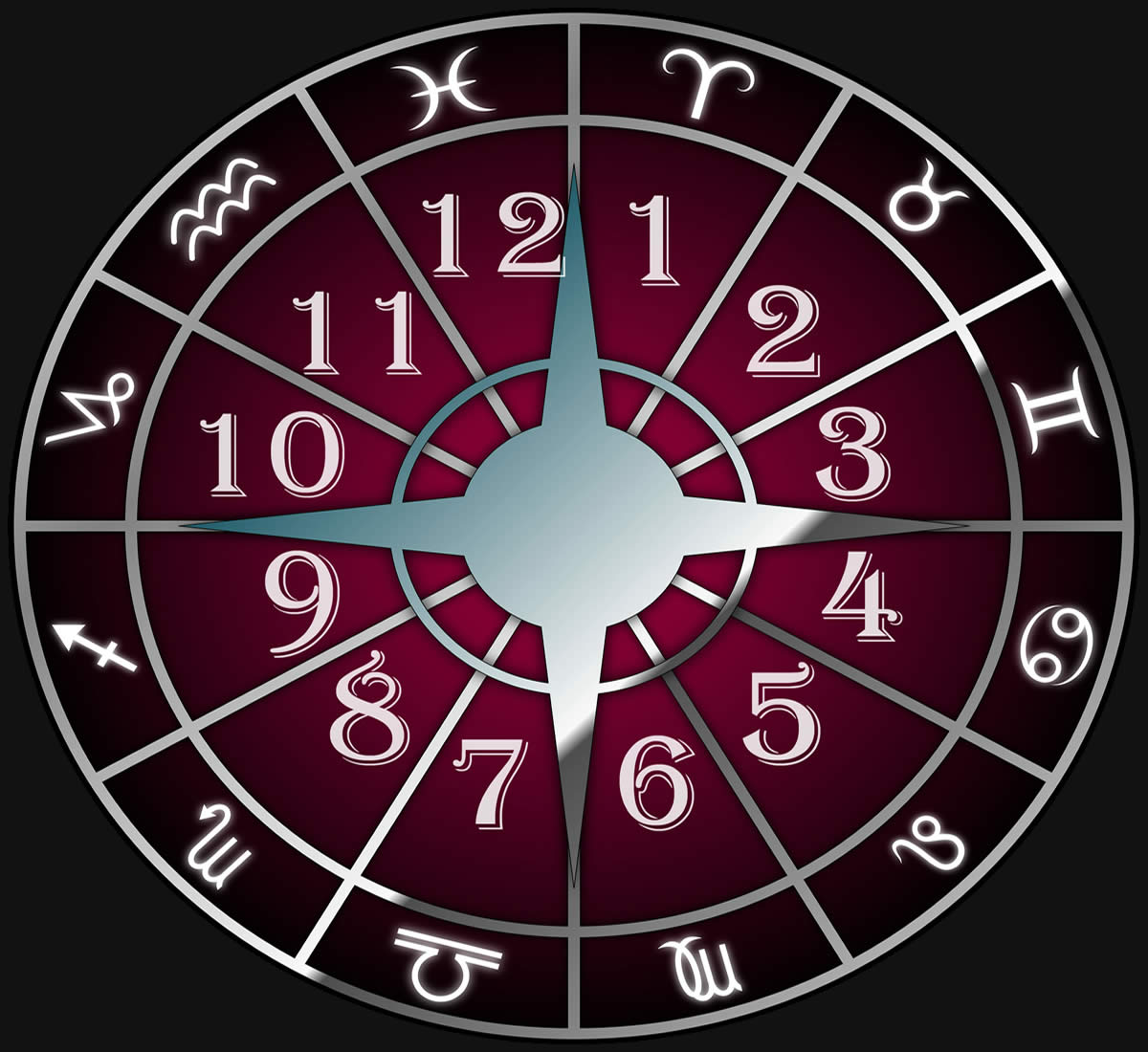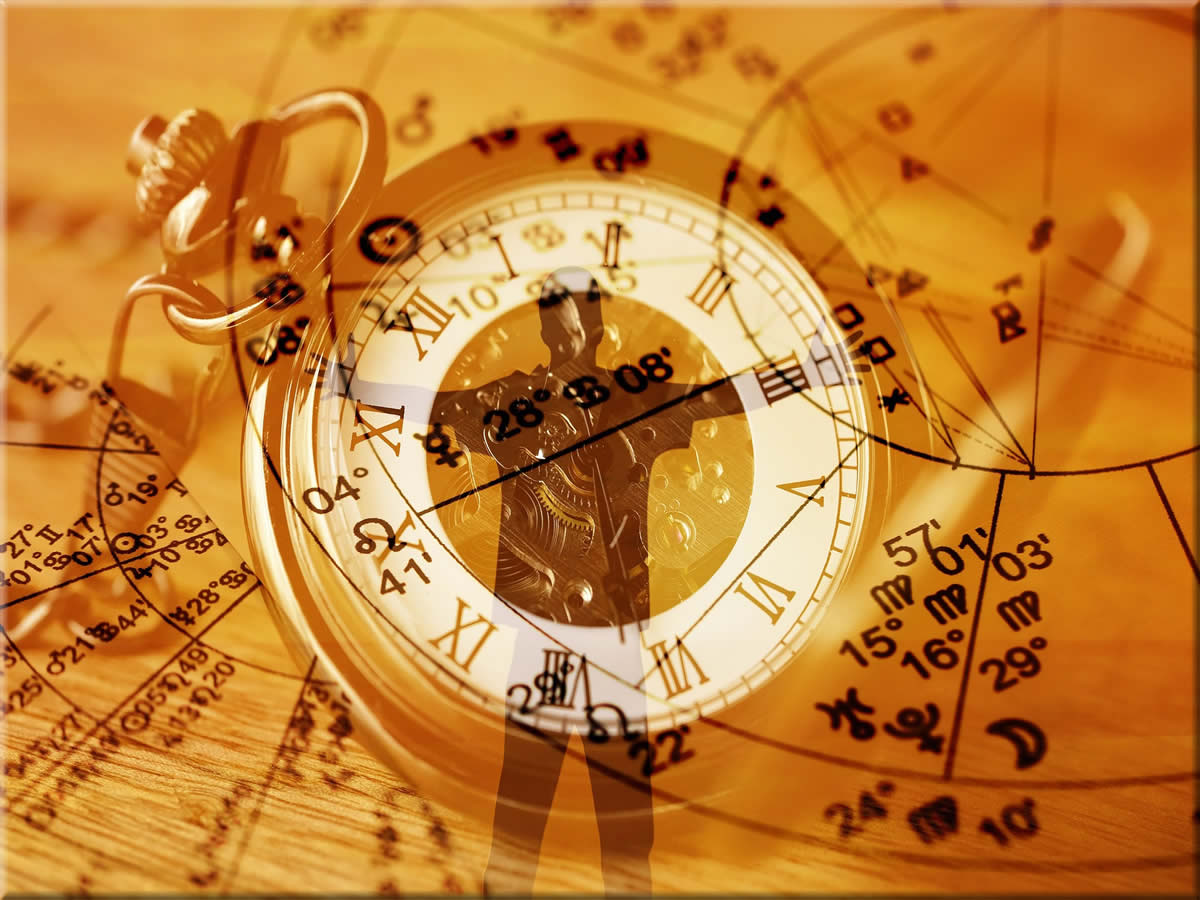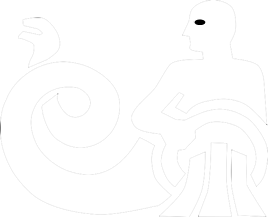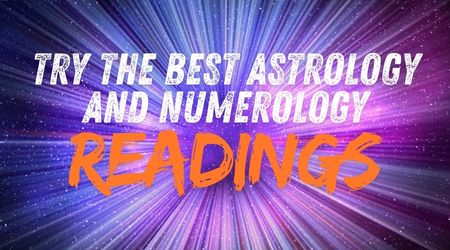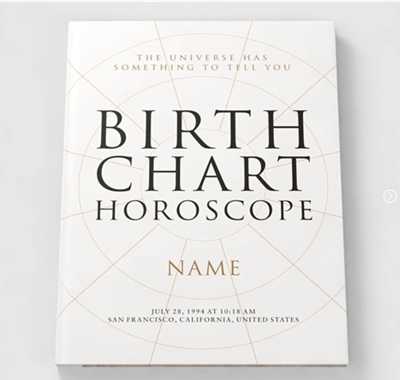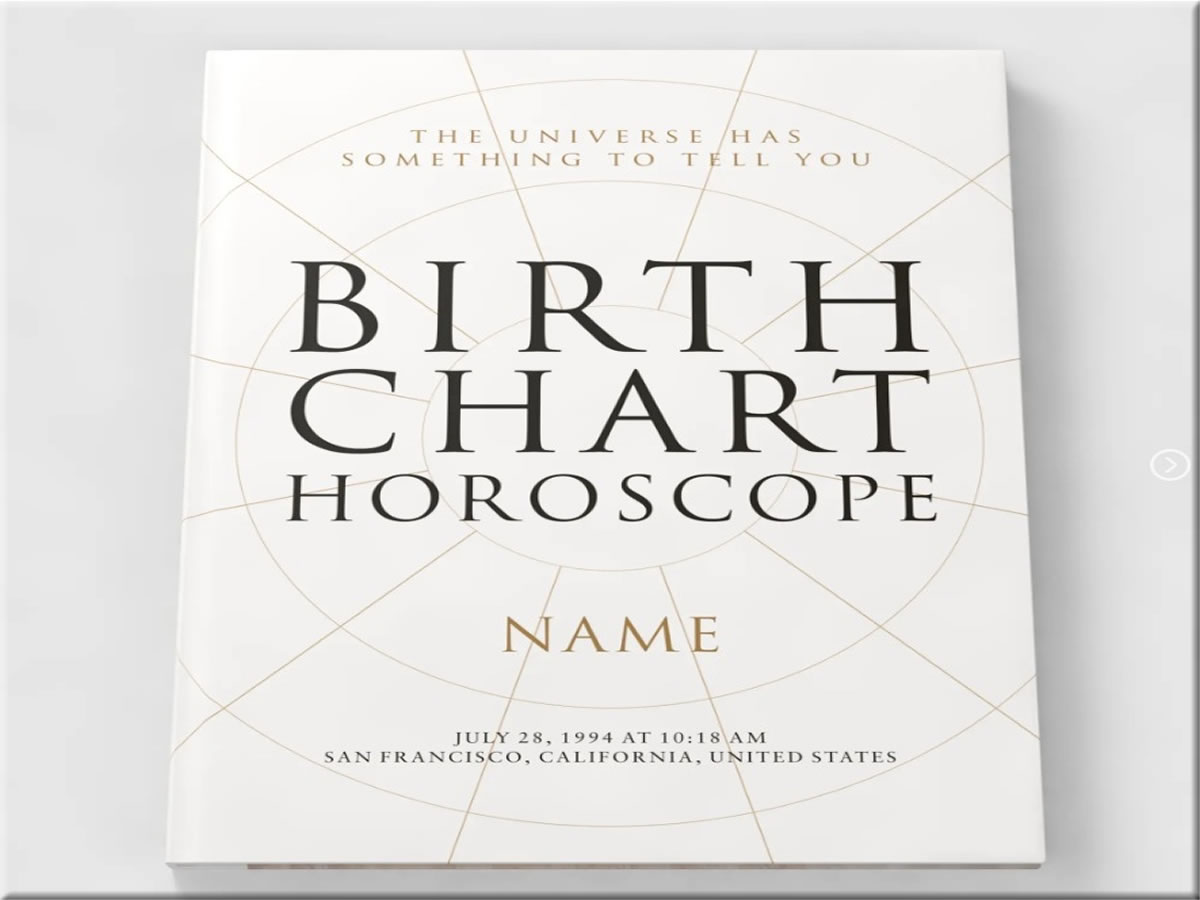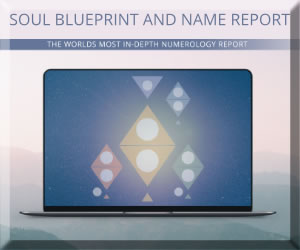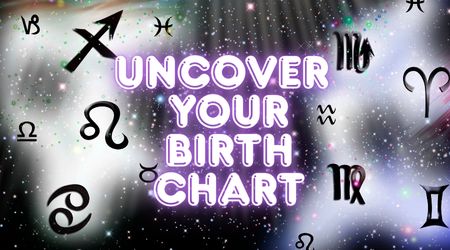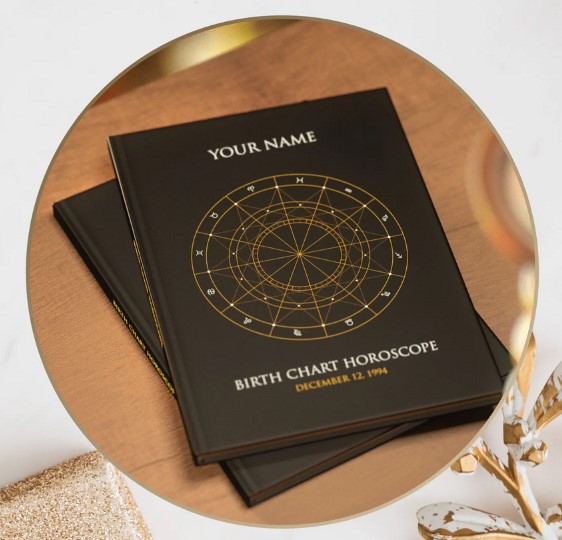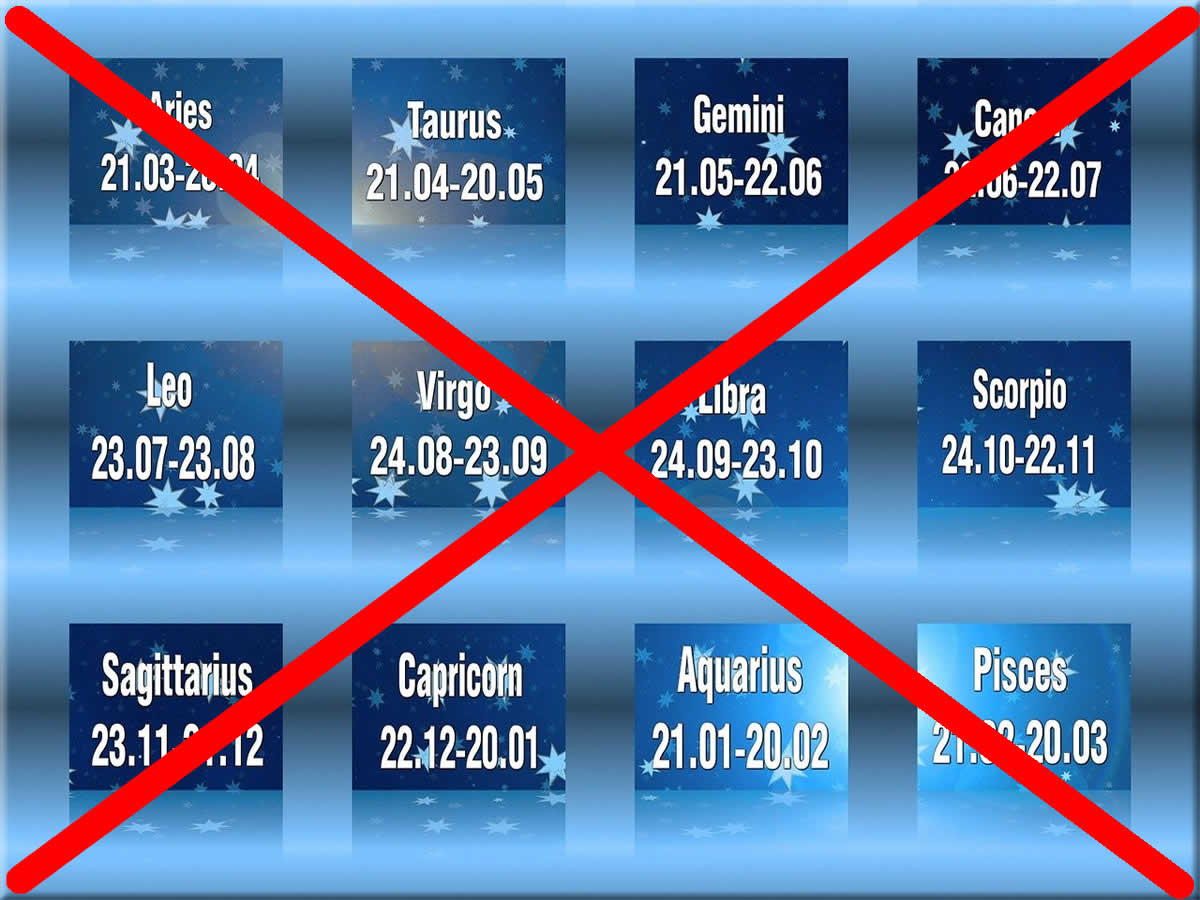
Daily Horoscope – The Media Delusion
Media horoscopes were created in the early 20th century when newspapers and other print media began exploring ways to attract and engage their audiences. This led to the birth of the daily horoscope, designed to give readers a light-hearted glimpse into their day’s supposed fates based on their sun signs.
But what are sun signs exactly? Sun signs are derived from the position of the Sun at the time of one’s birth and are part of a simplified astrological system. This system does not consider the full chart used by traditional astrologers, who consider the exact time and place of birth and the positioning of the stars, planets, and houses.
Traditional astrology involves complex calculations and detailed charts, which require expertise to interpret accurately. On the other hand, media horoscopes reduce this complexity to a general, one-size-fits-all approach. The latter is more accessible to the masses but lacks the depth and accuracy of professional astrology.
Newspapers, calendars, and various forms of literature have significantly propagated these simplified horoscopes. They offer engaging and easily digestible content that appeals to a broad audience. This shift has turned the daily horoscope into entertainment rather than a severe astrological practice. Despite their popularity, one must understand that these media horoscopes are not based on astrologers’ traditional methods.
Dissecting the Sun Sign Horoscopes
Sun sign horoscopes, which we frequently encounter in newspapers and magazines, primarily focus on the position of the Sun. This approach simplifies astrology to only one element, ignoring other celestial influences that professional astrologers consider essential.
Traditional horoscopes involve a natal chart calculated based on the precise time and place of birth. Such charts factor in the positions of the Moon, Mercury, Venus, Mars, and other planets, creating a detailed map of influences on an individual’s life. By contrast, media horoscopes offer a broad-stroke view based only on the position of the Sun.

In reducing astrology to twelve general categories, sun sign horoscopes fail to capture the complexity of human experiences and traits. This simplification can provide amusement and general advice but shouldn’t be taken as definitive guidance for significant life decisions.
Another critical element missing in media horoscopes is the ascendant sign. Historically, the term ‘horoscope’ referred to the rising sign at the moment of one’s birth, an essential feature that significantly influences personality and life path. By omitting this, what’s presented in the media isn’t a complete horoscope in the traditional sense but more a surface-level snapshot meant for entertainment.
For those interested in astrology beyond entertainment, exploring a professionally crafted natal chart can offer a more comprehensive understanding. These charts delve into the nuances that sun sign horoscopes miss, providing a fuller picture of one’s astrological profile.
The Science and Skepticism: Researchers’ Perspective
Researchers have long questioned the validity of media horoscopes. Numerous studies have shown that these horoscopes lack an astrological basis. Therefore, failing to establish a connection between sun signs and key aspects of life such as personality traits, career choices, or relationships. No major study found any statistical evidence linking sun signs to these life parameters, debunking common beliefs about media horoscope’s impact on personal outcomes.
Critics from the scientific community argue that the appeal of daily, weekly, and monthly horoscopes lies in their vagueness. Known as the Barnum effect, this psychological phenomenon explains how people will likely accept vague and general statements as personally meaningful. Media horoscopes often capitalize on this, offering advice and predictions that can apply to nearly anyone, regardless of their zodiac sign.
Discover the New and Improved Personal Numerology and Astrology Reports. These outstanding Reports deeply explore your unique, energetic blueprint.
Interestingly, serious practitioners discredit these simplistic horoscopes even within the astrology community. Traditional astrologers argue that actual astrology goes far beyond the sun sign and involves a detailed analysis of the entire natal chart. As a result, professional astrologers often dismiss media horoscopes as entertainment rather than genuine astrological advice.
Despite the skepticism, media horoscopes continue to thrive, mainly because of their entertainment value. They provide a daily ritual for many people, offering a sense of connection to something larger than themselves. However, if you’re seeking more profound insights, it’s advisable to consult a qualified astrologer who can provide a personalized reading based on comprehensive astrological principles.
The Cultural Impact of Media Horoscopes
The daily Horoscope has woven itself into the fabric of popular culture. Despite his lack of astrological validity, people remain captivated by the idea that a few hints from the stars can shed light on their day-to-day lives. This fascination speaks to a broader human desire for guidance and meaning, offering a little comfort in the uncertainties of life.
The prominence of media horoscopes has also propelled other forms of divination into the spotlight. Clairvoyants, tarot readers, and other mystical advisers have found a platform, often promoted alongside these horoscopes. This intertwining of various forms of occultism and astrology in media has sometimes blurred the lines between entertainment and genuine practice, leading people to seek answers in the wrong direction.
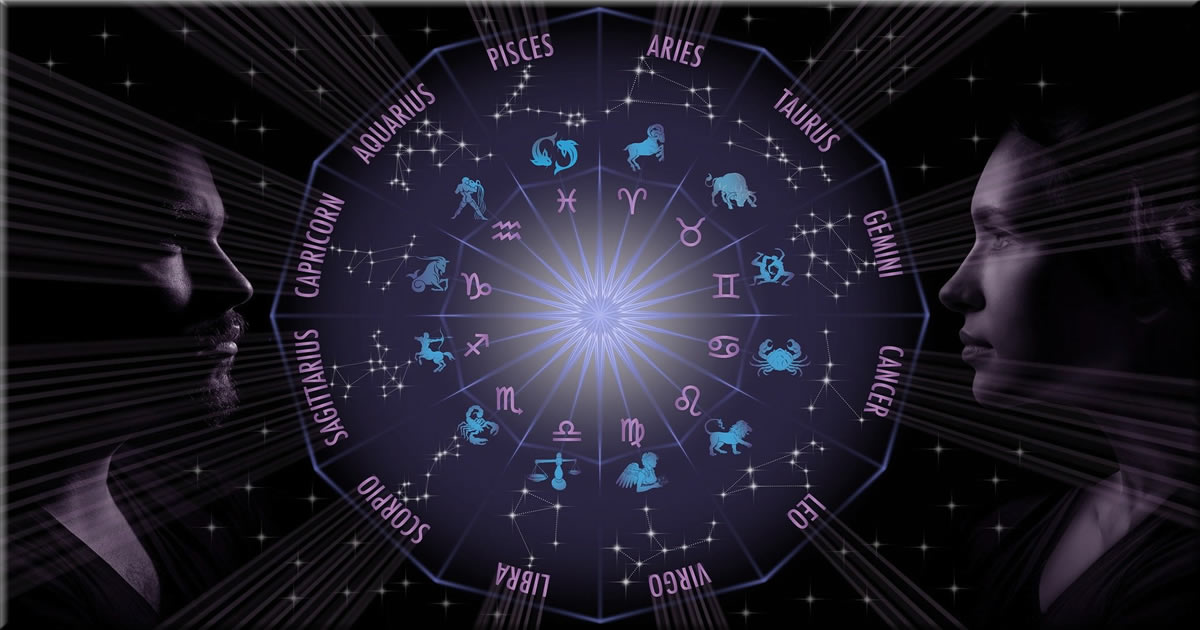
Interestingly, while traditional astrology aims to provide personalized insights, media horoscopes offer a sense of collective participation. People often discuss their daily horoscope predictions, sharing experiences and bonding over their readings. This social interaction over horoscopes can create a shared cultural experience, fostering connections and conversations.
Moving forward, the digital age presents both challenges and opportunities for media horoscopes. Online platforms and social media allow even wider dissemination, reaching a global audience instantly. Yet, this vast expansion also requires discernment. Users should distinguish between light entertainment and substantive, personalized astrological guidance.
Ultimately, while media horoscopes continue to entertain and engage, it’s important to approach them with a discerning eye. Understanding their origins and limitations allows us to appreciate them for what they are—an amusing diversion rather than a roadmap for serious life decisions.
For those seeking deeper insights, turning to expert astrologers remains the best course of action.
This book is a lovely story with you as the main character. It is a fully personalized and unique reading of your birth chart bundled in a beautiful hardcover deluxe book.
IT'S ALSO A FANTASTIC GIFT CHOICE!
Related Topics
